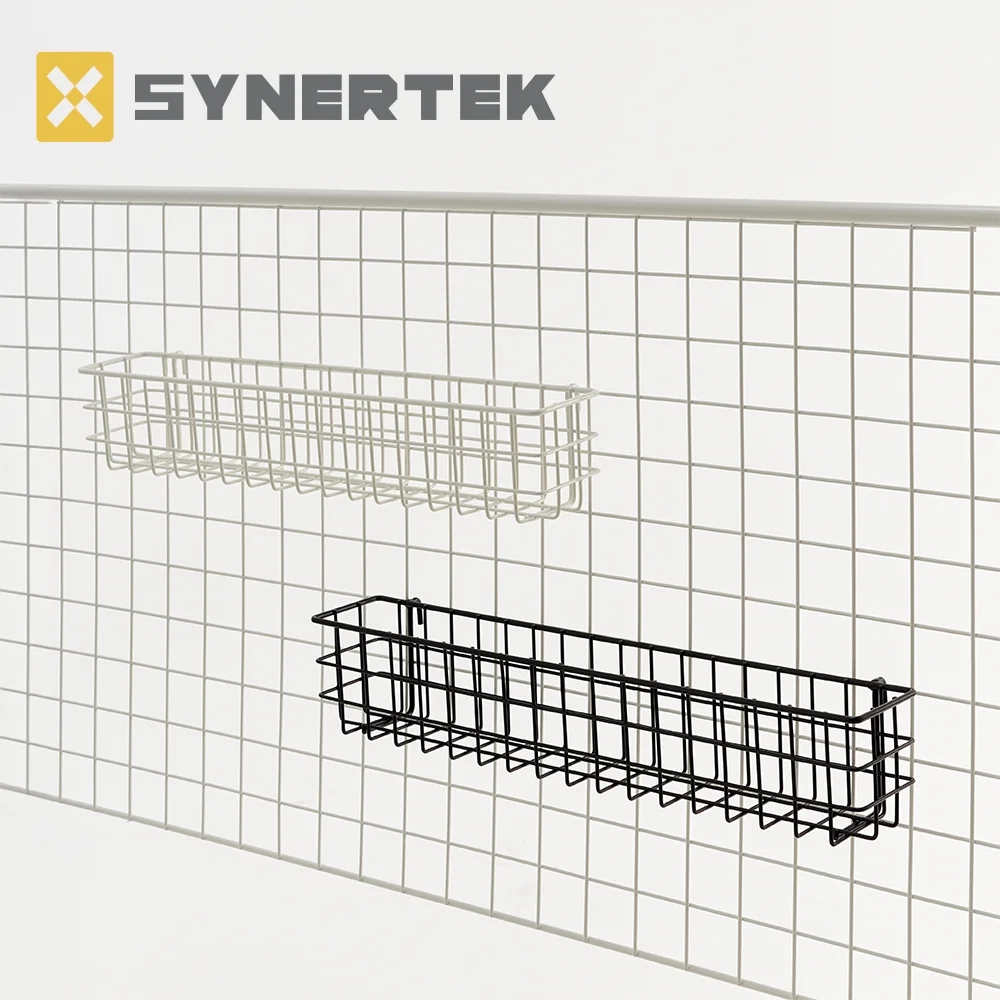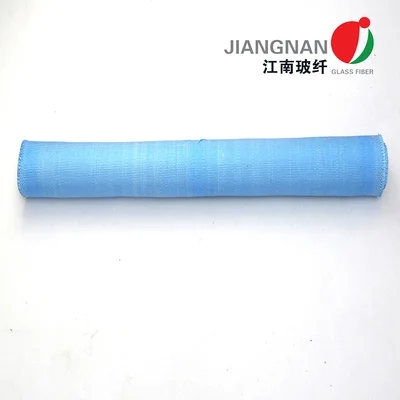Concrete slabs are widely used in various industries, ranging from construction to infrastructure development. However, without proper waterproofing, these slabs can be susceptible to damage caused by moisture, leading to structural issues and costly repairs. In this comprehensive guide, we will explore the best waterproofing options available for concrete slabs, ensuring their longevity and durability.
- Understanding the Importance of Waterproofing for Concrete Slabs:
- The detrimental effects of water on concrete slabs
- Potential consequences of inadequate waterproofing
- The significance of choosing the right waterproofing solution
- Factors to Consider When Selecting a Waterproofing Solution:
a. Environmental Factors:
- Climate conditions and temperature variations
- Exposure to UV radiation and weathering
- Presence of chemicals or corrosive substances
b. Structural Considerations:
- Type of concrete slab (e.g., foundation, roof, basement)
- Load-bearing capacity and structural integrity
- Expansion and contraction due to temperature changes
c. Application Method:
- Compatibility with existing construction materials
- Ease of application and maintenance
- Time and cost efficiency
- Types of Waterproofing Solutions for Concrete Slabs:
a. Liquid Applied Membranes:
- Polyurethane-based membranes
- Acrylic-based membranes
- Bitumen-based membranes
b. Cementitious Waterproofing:
- Integral crystalline admixtures
- Surface-applied cementitious coatings
c. Sheet Membranes:
- Self-adhesive bitumen membranes
- PVC or TPO sheet membranes
d. Bentonite Clay Waterproofing:
- Sodium bentonite-based systems
- Pre-applied bentonite sheet membranes
- Pros and Cons of Each Waterproofing Solution:
- Performance and durability
- Installation complexity and expertise required
- Cost-effectiveness and long-term maintenance
- Case Studies and Real-Life Applications:
- Successful waterproofing projects in various industries
- Lessons learned from failures and challenges faced
- Best Practices for Waterproofing Concrete Slabs:
- Proper surface preparation and crack repair
- Adequate drainage and slope considerations
- Regular inspections and maintenance
Conclusion:
Choosing the best waterproofing solution for concrete slabs is crucial to ensure their longevity and protect against moisture-related damage. By considering environmental factors, structural considerations, and application methods, one can make an informed decision. Whether it's liquid applied membranes, cementitious coatings, sheet membranes, or bentonite clay systems, each option has its advantages and disadvantages. By following best practices and learning from real-life applications, professionals can effectively waterproof concrete slabs, ensuring their durability and minimizing the risk of costly repairs.




+ There are no comments
Add yours